Recently, the Government of Vietnam has issued the Decree No. 123/2020/NĐ-CP prescribing invoices and records. This Decree stipulates that if electronic receipts are used, they must follow the standard format prescribed by tax authorities.

Specifically, according to Clause 1 and 2 Article 4 of the Decree No. 123/2020/NĐ-CP of Vietnam’s Government, rules for issuance, management and use of invoices and records are specified as follows:
- When selling goods or providing services, the seller shall issue and send invoices to buyers. Such invoices shall have adequate contents written as prescribed by law, except e-invoices which must follow the standard format prescribed by tax authorities.
- When deducting personal income tax or collecting taxes, fees or charges, the organization responsible for tax deduction or the tax, fee or charge collector shall make and give certificates of personal income tax withholding or receipts of taxes, fees or charges to persons whose income is deducted or payers. Such records/receipts must contain adequate information as prescribed by law. If electronic receipts are used, they must follow the standard format prescribed by tax authorities.
Thus, according to the above provisions, in cases where electronic receipts are used when selling goods or providing services or using electronic receipts when deducting personal income tax or collecting taxes, fees or charges, etc., it must follow the standard format prescribed by tax authorities.
According to Article 12 of the Decree No. 123/2020/NĐ-CP of Vietnam’s Government, the e-invoice format is the technical standards for type of data, length of data of information fields serving transmission, storage and display of e-invoices. E-invoices shall be XML (extensible Markup Language) documents, which are meant to share electronic data between IT systems. The data of an electronic invoice consists of two components:
- First: Information about the transaction;
- Second: Digital signature.
- However, authenticated e-invoices shall also contain the data of the tax authority’s code.
Concurrently, the following requirements must be met when sellers directly transmit data to tax authorities:
- Connect to the General Department of Taxation via a separate channel or MPLS VPN Layer 3, including 1 main channel and 1 backup channel. Each channel has a minimum bandwidth of 5 Mbps.
- Use an encrypted Web Service or Message Queue (MQ) for connection.
- Use Simple Object Access Protocol (SOAP) to compile, transmit and receive data.
Thus, it can be seen that from July 01, 2022 (date for mandatory using e-invoices), if enterprises, economic organizations, other organizations, business households and individuals complete the implementation of e-invoices, they must format e-invoices according to the above provisions. E-invoices must be displayed fully and accurately, ensuring that the contents of the invoice do not lead to misleading interpretations so that buyers can read them electronically.
Ty Na
- Key word:
- Decree No. 123/2020/NĐ-CP
- e-invoices
 Article table of contents
Article table of contents



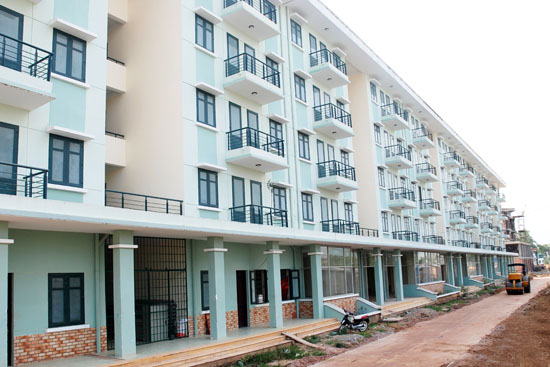
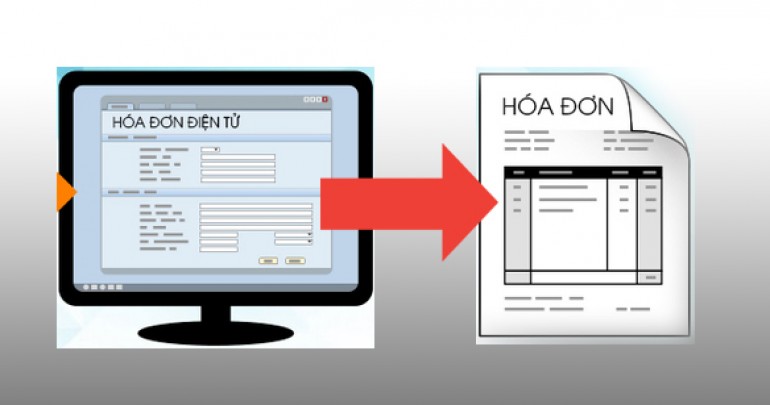
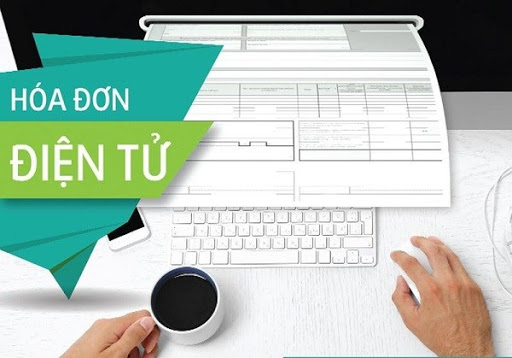
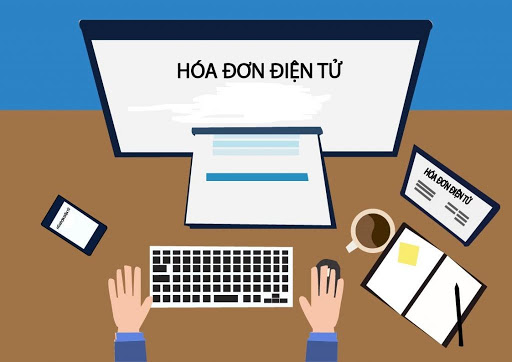
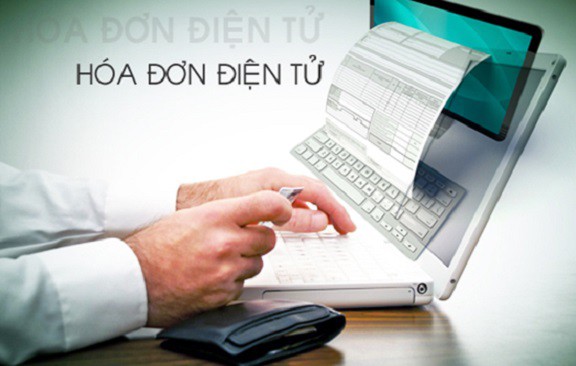
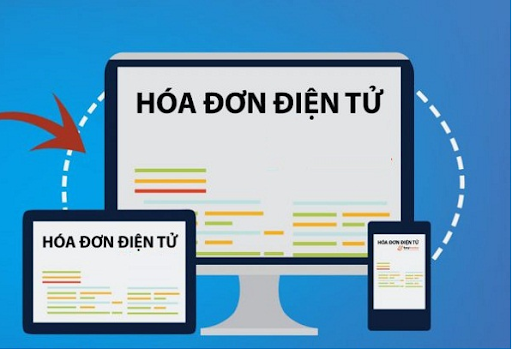

.Medium.png)
.Medium.png)
.Medium.png)
.Medium.png)
